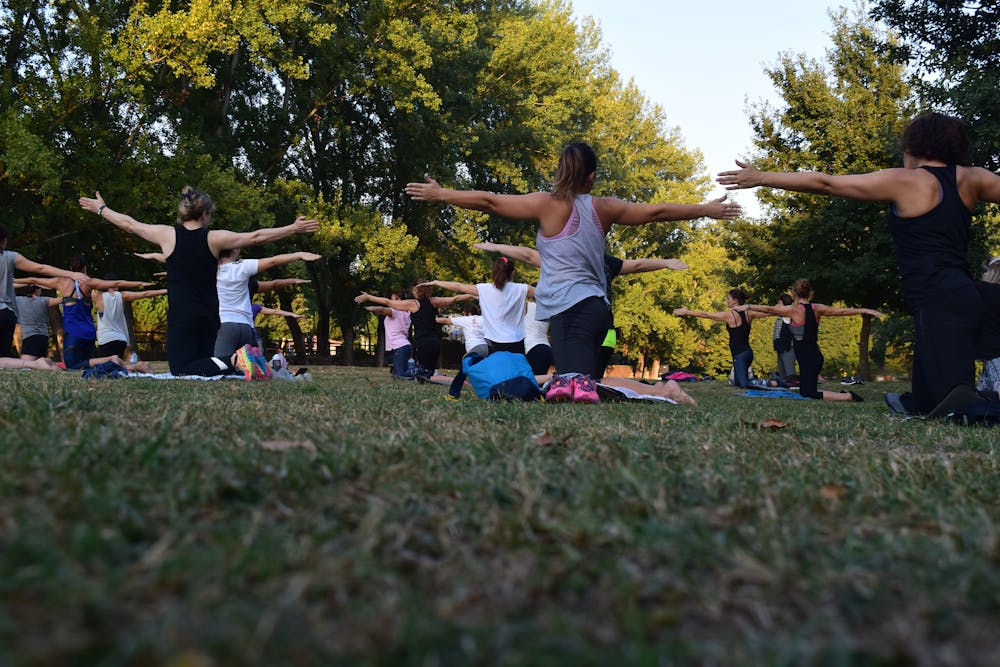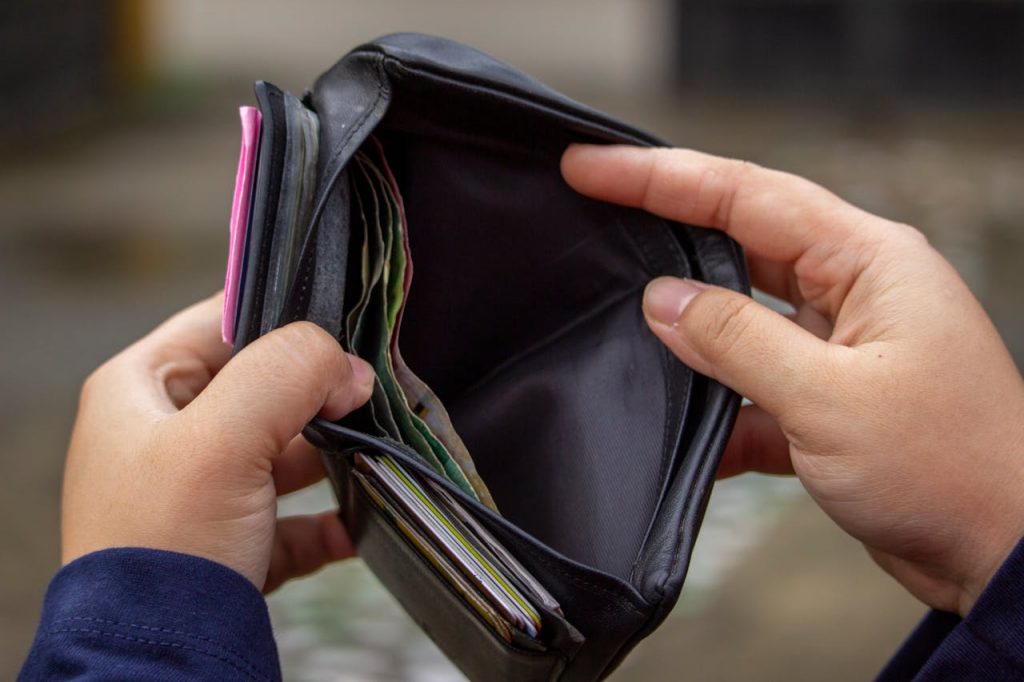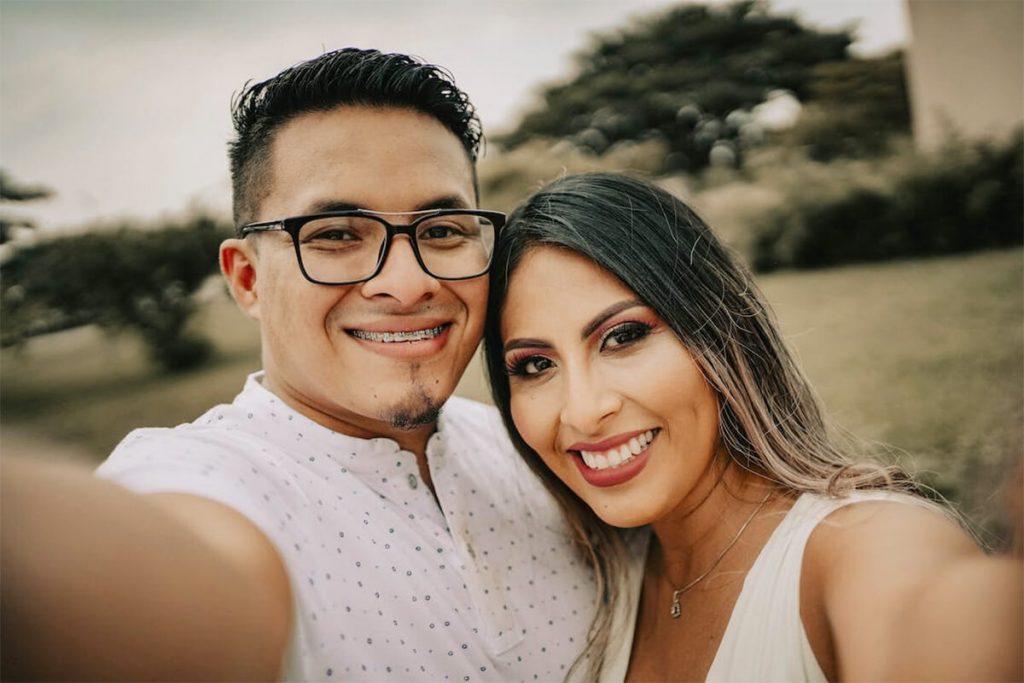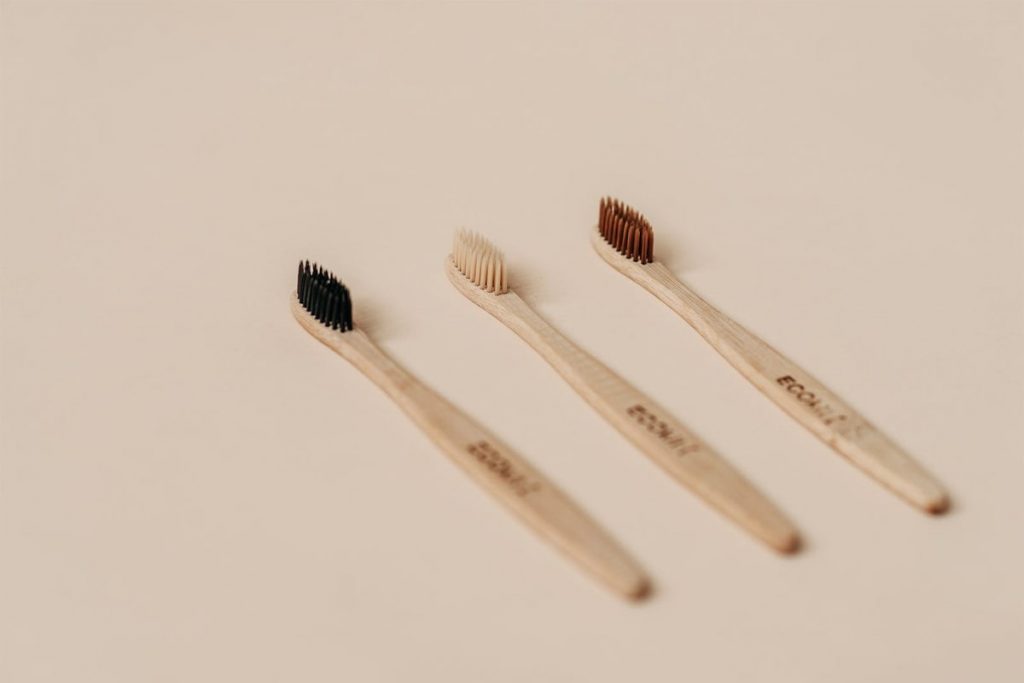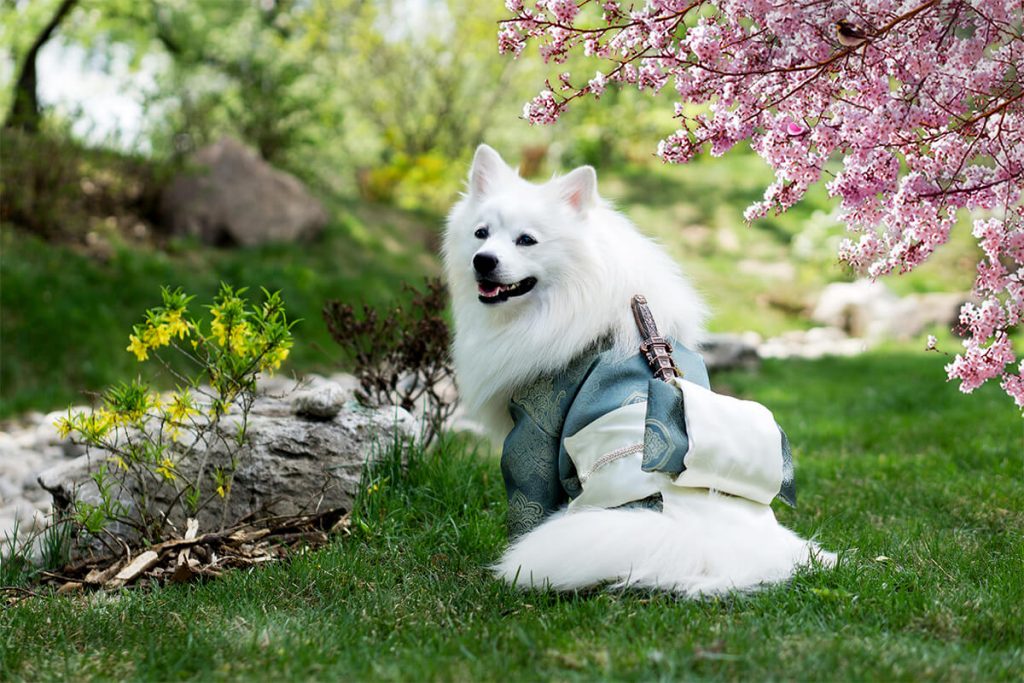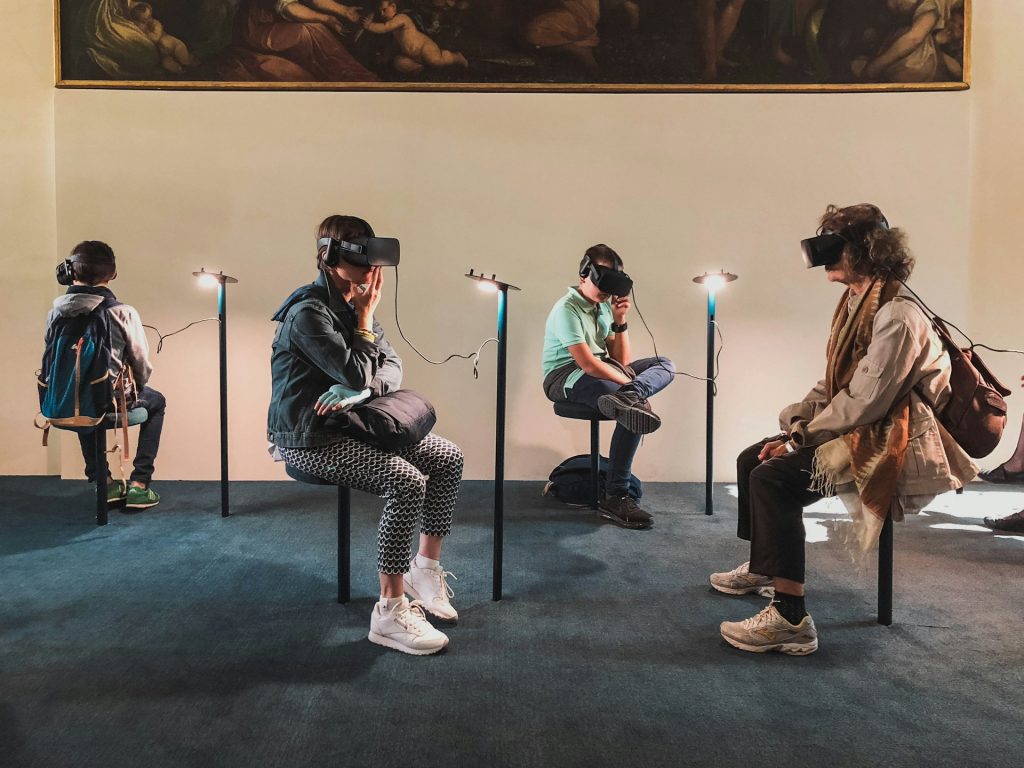Love is more than just a feeling. It is a deep-rooted connection that everyone experiences in their life. When you are born, you witness the love and affection of your parents and siblings. Then you make friends who love you and care for you.
As you move on in life, you fall in love with someone and in most cases, spawn the next generation to love and care for you.
But what is love? Is it just romantic in nature or can it be platonic too? Well, science explains love as a chemical process that happens in the body when a specific hormone is released. Apart from scientists, philosophers have also taken part in explaining love and have determined different forms of love. Today, we’re covering 3 forms of love they discovered.
1. Agape
Agape–also known as the highest form of love, can be interpreted in a number of ways. The seventh century marked the first time when the word ‘agape’ was used was by the legendary Greek author Homer in his book Iliad and the Odyssey. During this period, Agape held the same meaning as affection in general but it evolved over time and is now referred to as divine love.

Pixabay/Pexels | Agape is now known as the love of God for mankind and mankind's love for God
2. Eros
Eros is considered the highest and the most important form of love. It even has a Greek god named after it, which is why the name might sound familiar to some. The word Eros is derived from the Greek word Erotas which translates to ‘intimate love.’ Similar to Agape, this word also underwent an evolution and its meaning evolved over time.

Elina Sazanova/Pexels | This form of love is related to intimacy, desire and lust.
3. Philia
Philia is referred to as brotherly love or platonic love between brothers or friends. The Greek philosopher Aristotle mentioned Philia as the love between friends and friendship based on utility, having good company, or true friendship. These are the three types of friendships that were mentioned by Aristotle and he mentions Philia as the form of love found in all three cases. So, in modern language, Philia is the form of love found between acquaintances, friends, and family.

Elevate/ | Pexels In the end, it is about whom you care for and who cares for you
These are just a few of the many forms of love one can experience. How many of these have you been fortunate enough to experience?
show more






